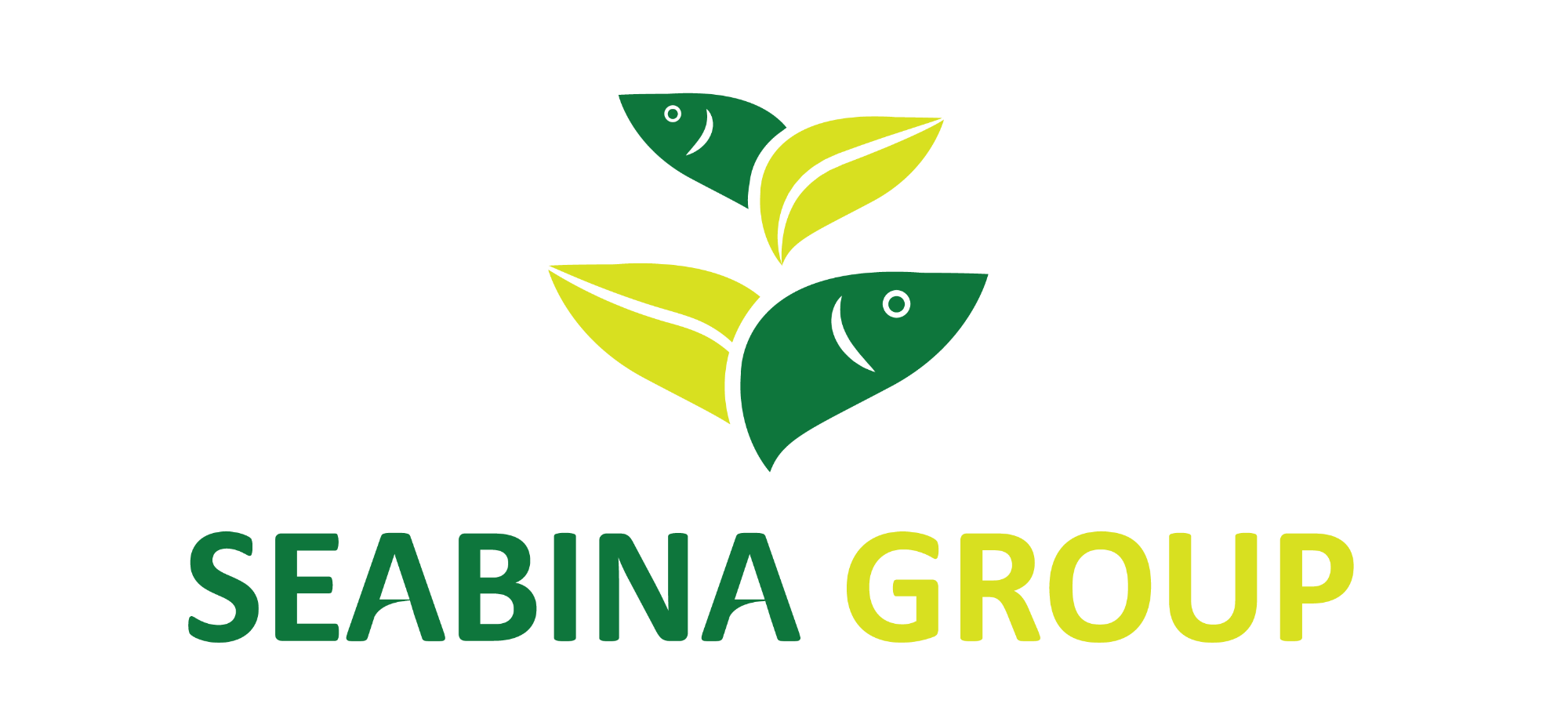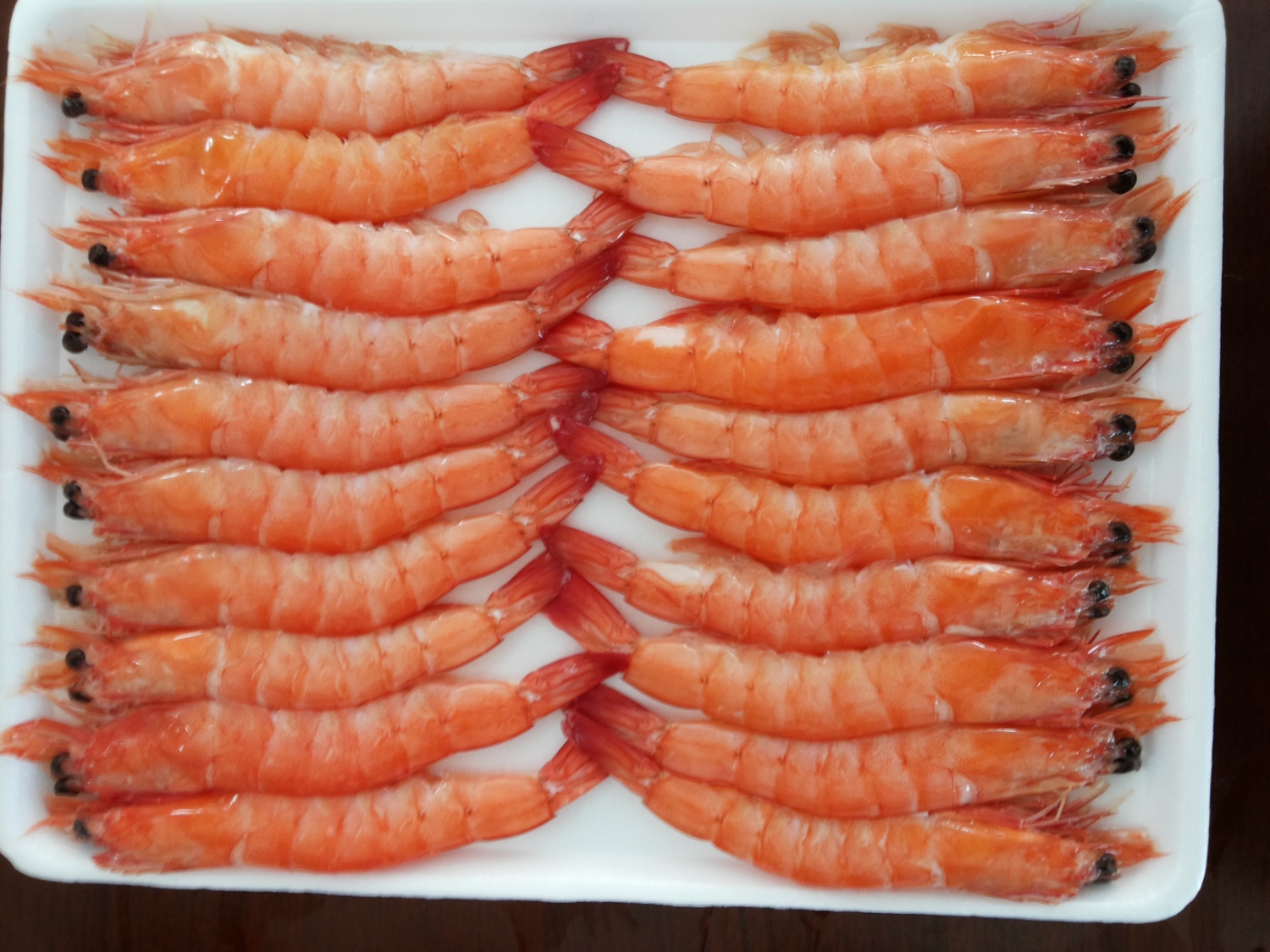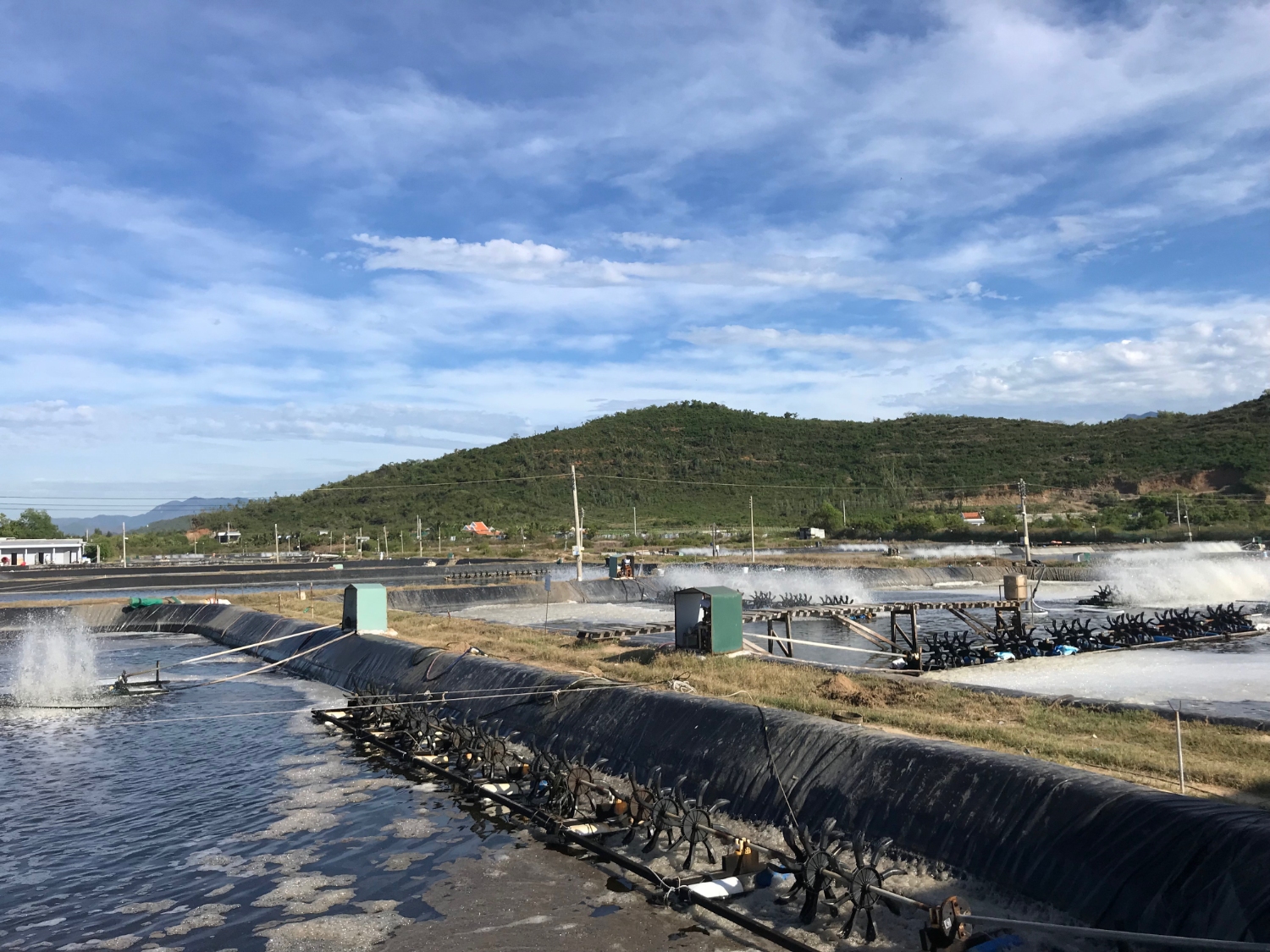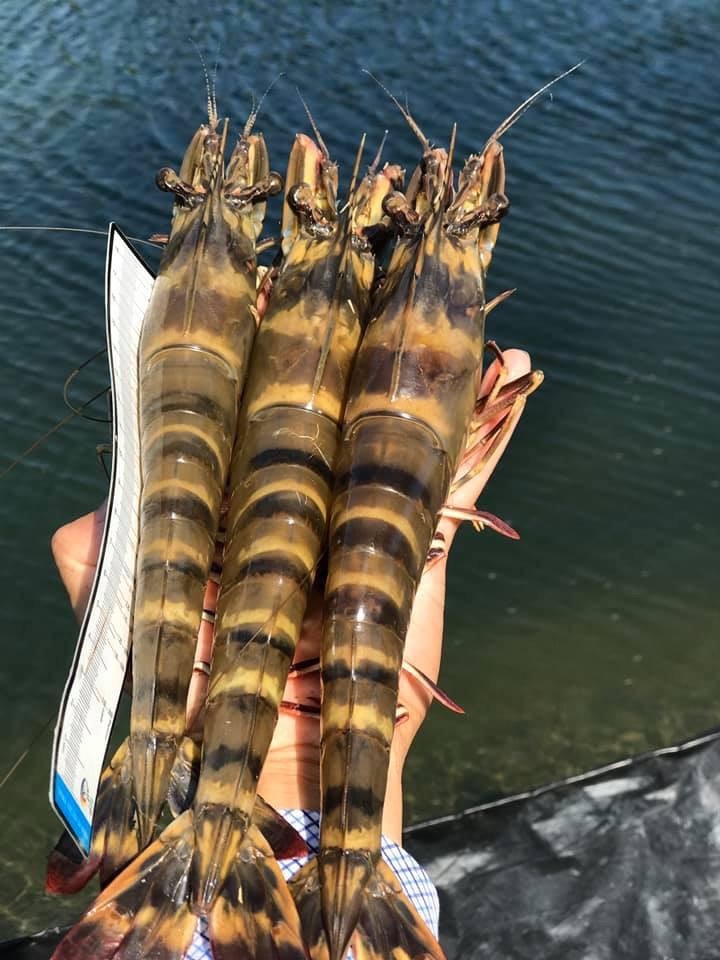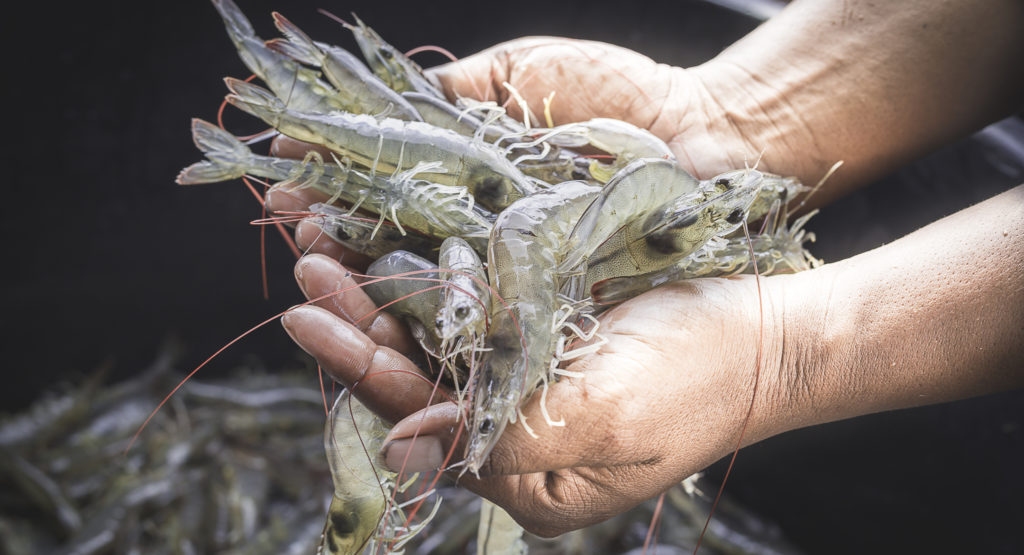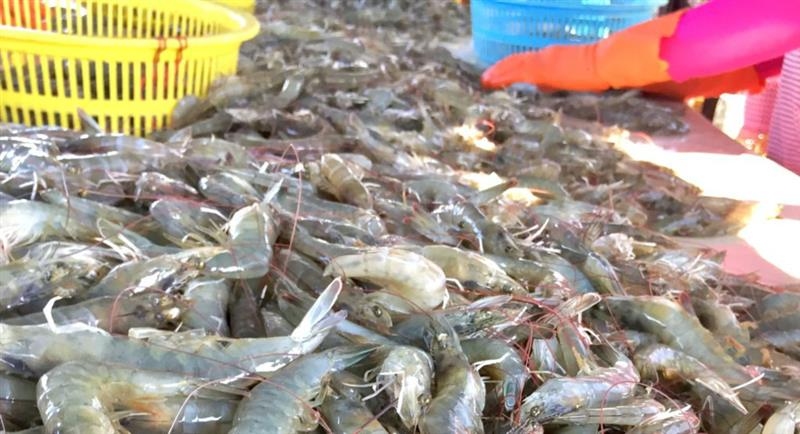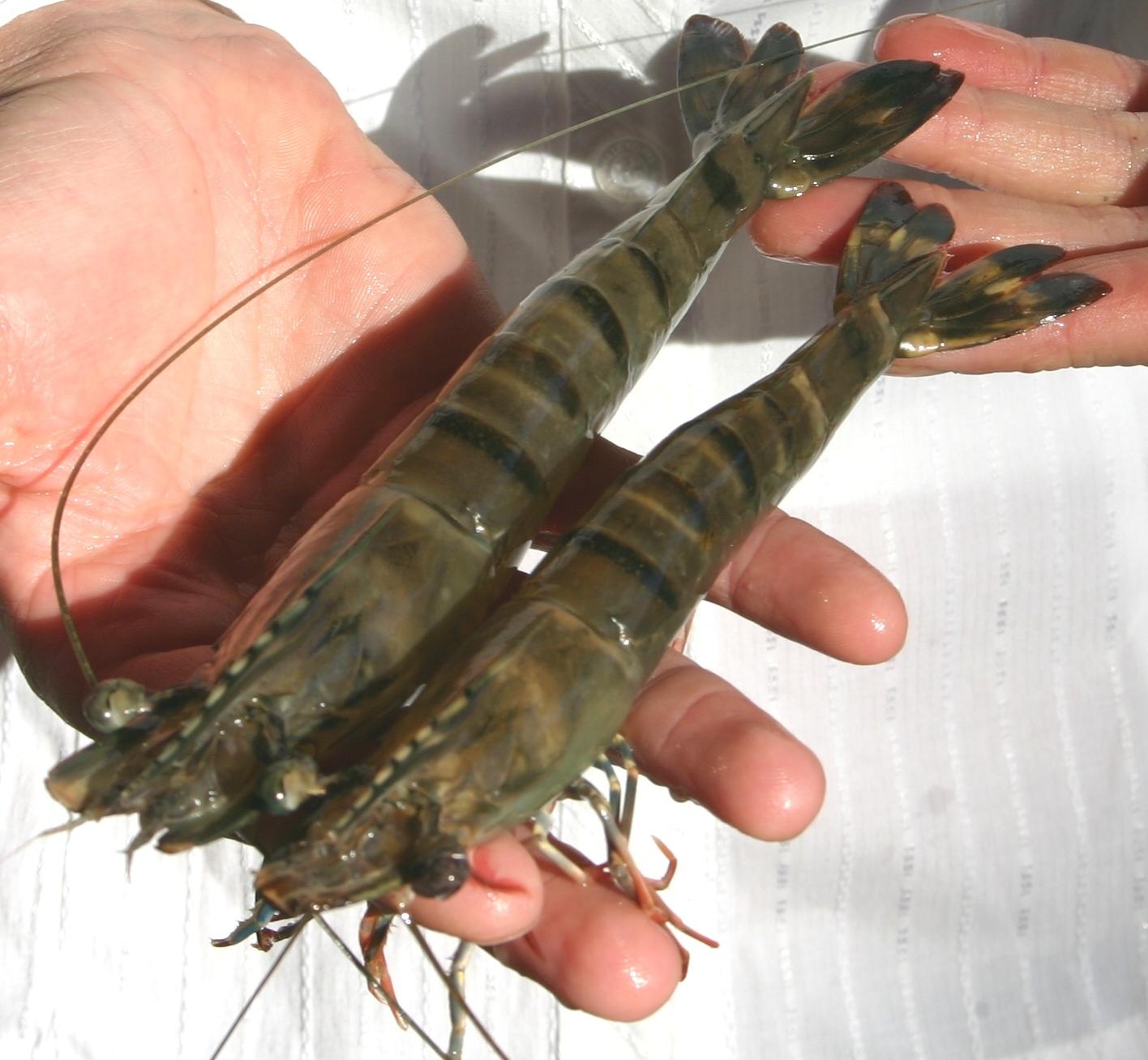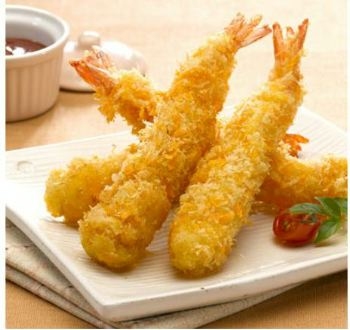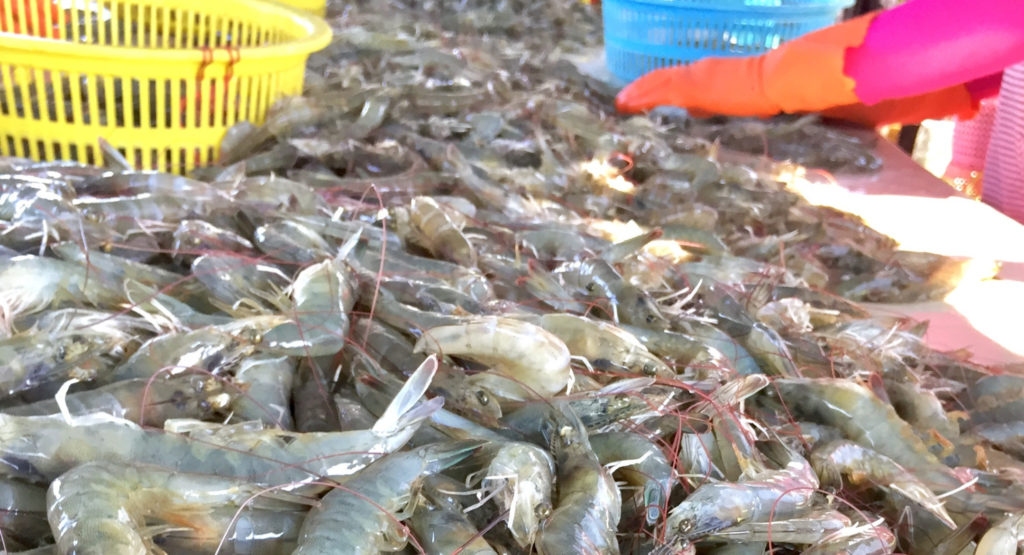
Octopus world’s leaders come together in bid to save the species
Octopus world’s leaders come together in bid to save the species
By Matilde Mereghetti Dec. 10, 2019 09:22 GMT
VIGO, Spain -- Octopus consumption has grown in recent years, especially in the US. A jump in demand for the product, which now populates North America's most fashionable seafood restaurants, saw prices reach record high levels in 2017 before crashing last year and continuing to dive this year.
Despite most octopus processors being based in Spain -- with product therefore sold as "Spanish octopus" -- the majority of raw material comes from different origins, such as Morocco, Mauritania, Mexico, Senegal, and Indonesia. While the product is popular and carries a traditional appeal, octopus fisheries are some of the least sustainable in the world, due to a lack of proper research and fisheries management.
The world’s octopus fisheries have a lot of room for sustainability improvement, but national-level fishery improvement projects (FIPs) could have a big impact, according to the Sustainable Fisheries Partnership (SFP).
Only about 0.01% of octopus product comes from fisheries that count as sustainable or improving, according to SFP.
At recent seafood industry events, some of the world's largest importers have come together with the objective of financing FIPs in developing countries, designed to allow them to reach the retail market with sustainability guarantees, Pedro Ferreiro -- deputy director for buyer engagement with SFP in Spain, told Undercurrent News.
SFP is an NGO that aims to place itself on the side of the fisheries sector to achieve better sustainability practices.
The latest status of sustainability projects are as follows:
Mexico
The Mexican FIP is the only one for now published on the SFP's Fisheries Progress website, while those in Mauritania and Morocco are in the preliminary phase pending the publication of the documents.

Netuno, a founding member of the working table in Mexico, has a special interest in the Yucatan octopus fishery, which represents 70% of octopus catches in Mexico. It made a pre-evaluation between 2017 and 2018, with surprisingly good results, said Ferreiro, who is also responsible for the FIP in Mexico.
Among the problems of non-compliance with legislation are bycatch of a species of crab, the lack of stock assessment for both maya and vulgaris octopus, and of a review by an independent organization.
In Boston, in 2019, the collaboration agreement was signed and the project was published this year on the Fisheries Progress website. It is the most advanced project, with a two-year work plan and the possibility of starting the road to MSC in three years, according to Ferreiro.
Mauritania
The project here is in its initial phase and is not on the list of Fisheries Progress.
The Mauritanian authorities in 2017 had a national plan but did not have visibility, and requested the collaboration of SFP. The results of a pre-evaluation of the stocks are not public yet. SFP wants to push for a robust FIP here, said Ferreiro.
Morroco
The country has recently completed a FIP for sardines, which at the end of the year goes into full MSC evaluation. Octopus is more complicated, and stakeholders decided to wait for this initial process to be completed before tackling another.
The project is in the pre-FIP phase, waiting to hear what interests are outside Morocco and in the national market. The action plan is due for publishing at the end of the year. Government engagement is required for the FIP to launch.
Elsewhere, Western Australia's octopus fishery has become the first in the southern hemisphere to be certified to the MSC standard for sustainable fishing.
Common problems & challenges
The main common problem for each of these countries is the artisanal fleet. In Morocco there are more than 13,000 small vessels, which are neither registered nor licensed. Depending on the season, some of the octopus vessels fish pelagics too.
The support and pressure of the industry to both the fleet and governments is essential, according to Ferreiro. It is also key to attract the commitment of importers from Japan and South Korea, large consumers of octopus. That would speed things up, he noted.
Indeed, except for the octopus fishery in the Spanish Asturias region, which is certified by the Marine Stewardship Council (MSC) and accounts for about 30t per month, there are no catches with a seal of sustainability, Ferreiro noted.
This is despite the fact many companies in Europe and North America need the octopus sector to have certified raw material of responsible origin to meet the needs of large distribution. In 2018 stakeholders contributed $5,000 each to fund FIPs in the three most important origins; Mauritania, Morocco, and Mexico, Ferreiro explained.
The octopus fisheries improvement table, which was initially created by four firms, is currently made up of fourteen companies: Arista Industries, Fortune International, Mitsui Foods/D&E/MarGalicia, Netuno USA, Panapesca USA, Santa Monica Seafood, Discefa, Ditusa, Foncasal, Pescado Playa, Pesfasa, Profand Group, SeaDelight, Union Martin and Viveros Merimar. For big octopus and vulgaris octopus, the chosen origins represent about 60% of the world's production.
Contact the author matilde.mereghetti@undercurrentnews.com
Source: undercurrentnews.com
Other news
- A recovery for the shrimp market? 17/04/2024
- Shrimp market: Fear of inflation and declining demand 22/10/2022
- Summer demand remains strong in the United States of America and Europe 08/11/2021
- Global supply chains are being battered by fresh COVID surges 18/08/2021
- Animal Health and Welfare in Aquaculture 17/08/2021
- Pangasius Imports Outpacing Tilapia 10/08/2021
- Growth in India's Shrimp Production and Exports 08/08/2021
- Decline in shrimp exports to China makes shrimps cheaper in India for domestic market 03/08/2021
- Rabobank sees plenty of positives for both shrimp and salmon sectors 29/07/2021
- Asia’s Shrimp Connoisseurs: Japan, Taiwan And South Korea 02/07/2021
